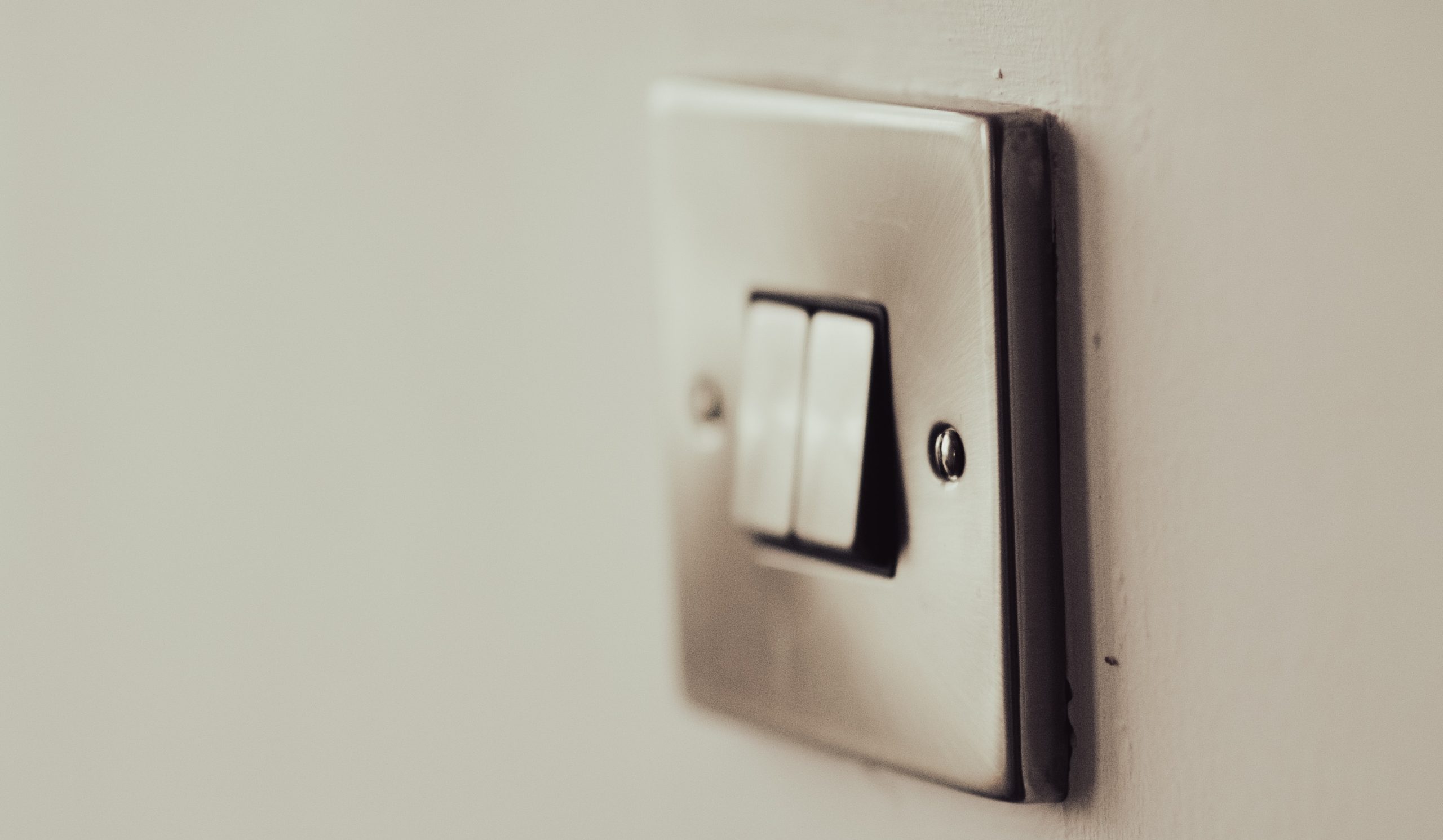 Ayesha Siddiqui is a Sessional GP in Glasgow
Ayesha Siddiqui is a Sessional GP in Glasgow
There is a lot of talk about reducing our carbon footprint and many of us are already trying our best to ensure that our homes and work premises are sustainable and green.
Being a sessional GP, over the years I have worked at a number of GP practices across Greater Glasgow and feel that there is still a long way to go. Personally, I try my best albeit at an individual level and feel that the change has to be at a wider level to make a difference. A greener practice in terms of patient care (inhalers, medicine waste, etc) is another topic in itself. I have intentionally not included major changes e.g. solar panels, cycling to work, replacing old boilers etc as I wanted to keep it simple where no investment or major planning is required.
I have compiled a list of a few basic steps each member of GP practice staff (clinical and non-clinical) can adopt in our day to day working lives towards reducing our carbon foot print.
1- Switch off devices – Please don’t leave your Computers, Monitors, Printers, Scanners and photo-copiers on standby. Switch them OFF at the plug when not in use. However, bear in mind that some staff members might be working remotely and may need the computer on. So check before inadvertently switching it off
2- Lights: Most of us have already transitioned to LED lights. Remember to switch off your consultation room lights, toilet lights, kitchen/common room lights when not in use. You can put stickers on the switches to remind staff to turn it off when not in use. If you are leaving your consultation room for lunch or heading out on a house call, please switch the lights off.
3- Turn down your thermostat: Ideal room temperature for comfortable working is between 21-24 degrees Celsius. Even turning down the heating by just 1 degree will make a difference to how much energy you are using as a whole over a year.
4- Layer-up: Consider wearing a cardigan, jumper or a thermal vest on a particularly cold winter day.
5- Electric kettle – Only boil enough water for your needs when making tea, coffee or other beverage.
6- Recycle bins: Use proper bins to recycle plastic and cardboard waste in the practice common room or practice kitchen.
7- Clinical waste bins: Remember to make correct use of the orange/clinical waste bin and clear waste bins. Waste that is assumed to present no risk of infection e.g. hand towels should go in the clear waste bin. Notices can be put on or near the bins advising this.
8- Waste paper: I commonly see waste paper being thrown in the black bin which will end up either incinerated or in a landfill. Any non-confidential waste paper should be recycled.
9- Save paper: Think before you print. Print double sided if you can. You can use “think before you print” in your email signature too.
10- Old books: There are old textbooks lying about in some practices that no one actually reads as the information contained is out-dated. Can these be recycled? Some common rooms have un-used novels, miscellaneous books which can be donated to charity shops or recycled. Do bear in mind to check if there are any rare books or special/signed/limited editions before giving them away.
11- Recycle batteries: AAA, AA batteries are used in various medical equipments. Collect discarded batteries in a jar at your practice and once full, it can be taken to your local collection point (most supermarkets, home-ware stores, B&Q etc have these at the tills)
12- Practice clean up event: I am sure every one of us has heaps of useless paper, junk, old journals, magazines etc lying around in our, pigeon-holes, toolkits, shelves and drawers at work. Consider organising a practice clean-up afternoon where doctors, nurses, staff can identify unwanted items which can then be put in the correct bin to be recycled/shredded.
Each one of us endeavours to do our best for the patients. Why can’t we do the same for our planet? Let’s start small, but at least START!
Featured photo by Jaye Haych on Unsplash







Great article- really useful practical tips.